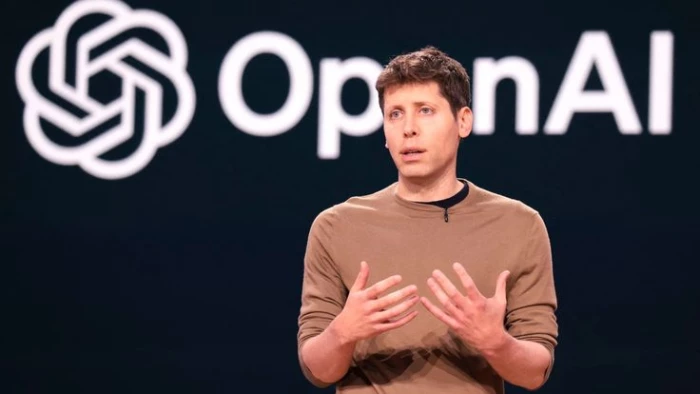OpenAI Unveils AI Hiring Platform Set to Challenge LinkedIn’s Dominance
by Muskan Kansay - 4 months ago - 3 min read

OpenAI is shaking up the job market with its announcement of an AI powered hiring platform, aiming straight at LinkedIn’s territory and promising a dramatic shift in how businesses discover talent for the new era of work. Unlike its core ChatGPT offering, the upcoming OpenAI Jobs Platform is designed to match companies with candidates based specifically on their AI competencies, with a launch slated for mid-2026.
The Vision and Features
At its heart, the platform leverages OpenAI’s machine learning algorithms to create matches between business needs and the growing pool of AI-fluent workers, streamlining the search for candidates, from experienced professionals to those newly certified in AI skills. What sets this initiative apart is its dedicated support for local businesses and governments, giving them direct access to high-quality AI talent often out of reach in traditional job platforms. Employers like Walmart, John Deere, Accenture, and Boston Consulting Group are already collaborating, with some pilot programs underway to connect job seekers and organizations more effectively.
Certifications and Upskilling
A major draw is the OpenAI Academy, a free learning portal already serving over 2 million users globally with workshops, courses, and skill-building resources. The new platform will extend access to OpenAI Certifications, validating various levels of AI fluency, ranging from beginner to advanced topics like prompt engineering. OpenAI aims to certify 10 million Americans by 2030, in partnership with corporate giants such as Walmart. These certifications are intended to translate directly into job opportunities, with employers trusting candidates’ capability to deploy AI tools productively.
Competition and Market Impact
This move places OpenAI squarely in competition with LinkedIn and indirectly Microsoft, its largest investor and LinkedIn’s parent company. With LinkedIn also pushing its own AI upgrades, the hiring space is rapidly becoming a battleground for tech-driven platforms striving to redefine professional networking and recruitment. Meanwhile, OpenAI’s broader efforts include plans for additional consumer applications, from web browsers to social media utilities, signaling ambitions beyond talent marketplaces.
Economic Opportunity and Disruption
OpenAI’s team doesn’t shy away from the risks; executives openly acknowledge that AI automation threatens up to 50% of entry level white collar roles by 2030. Instead, the company positions its platform as a lifeline for economic opportunity, supporting the White House’s initiative to expand AI literacy and help Americans adapt to the demands of a fast-changing landscape. By focusing on skill building and direct job connections, OpenAI hopes to put the promise and power of AI into the hands of millions, empowering individuals and organizations alike to thrive in the future of work.